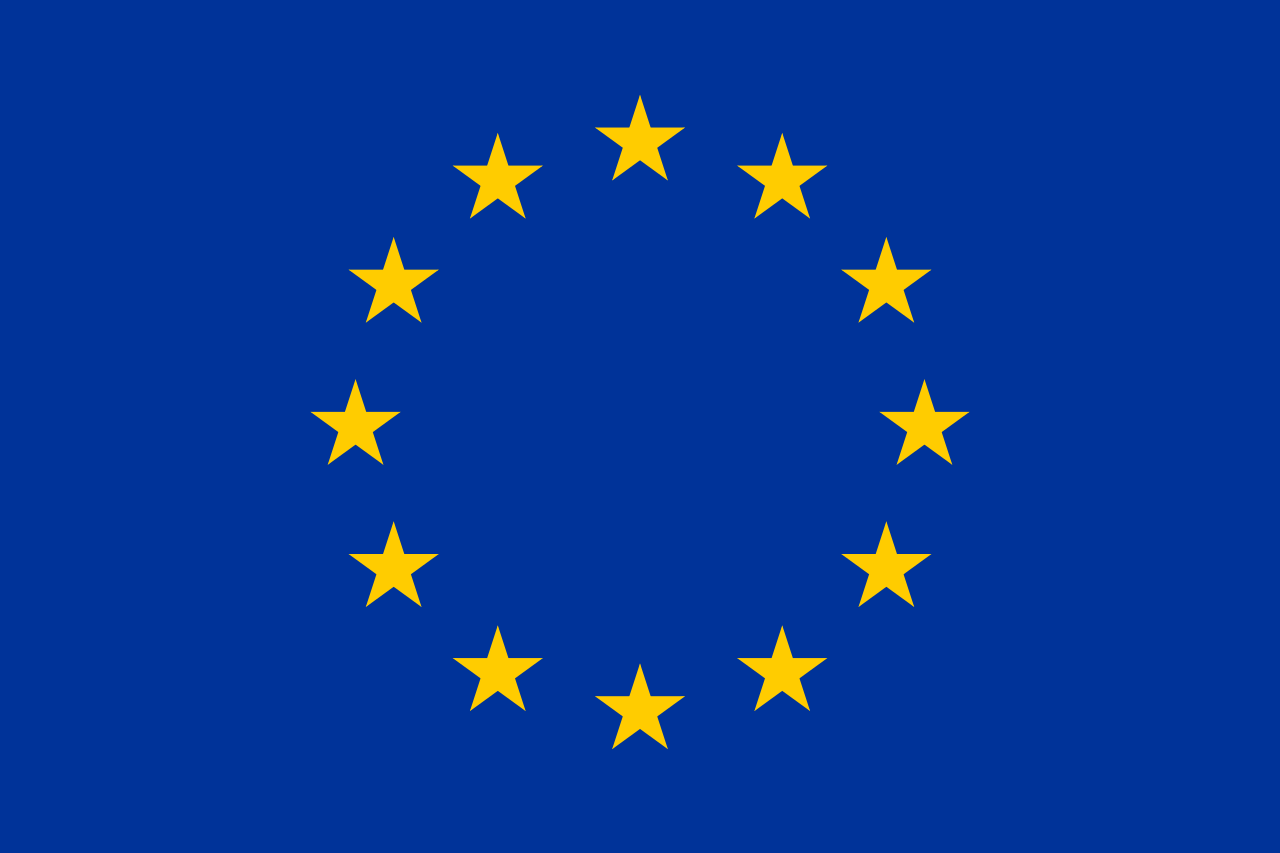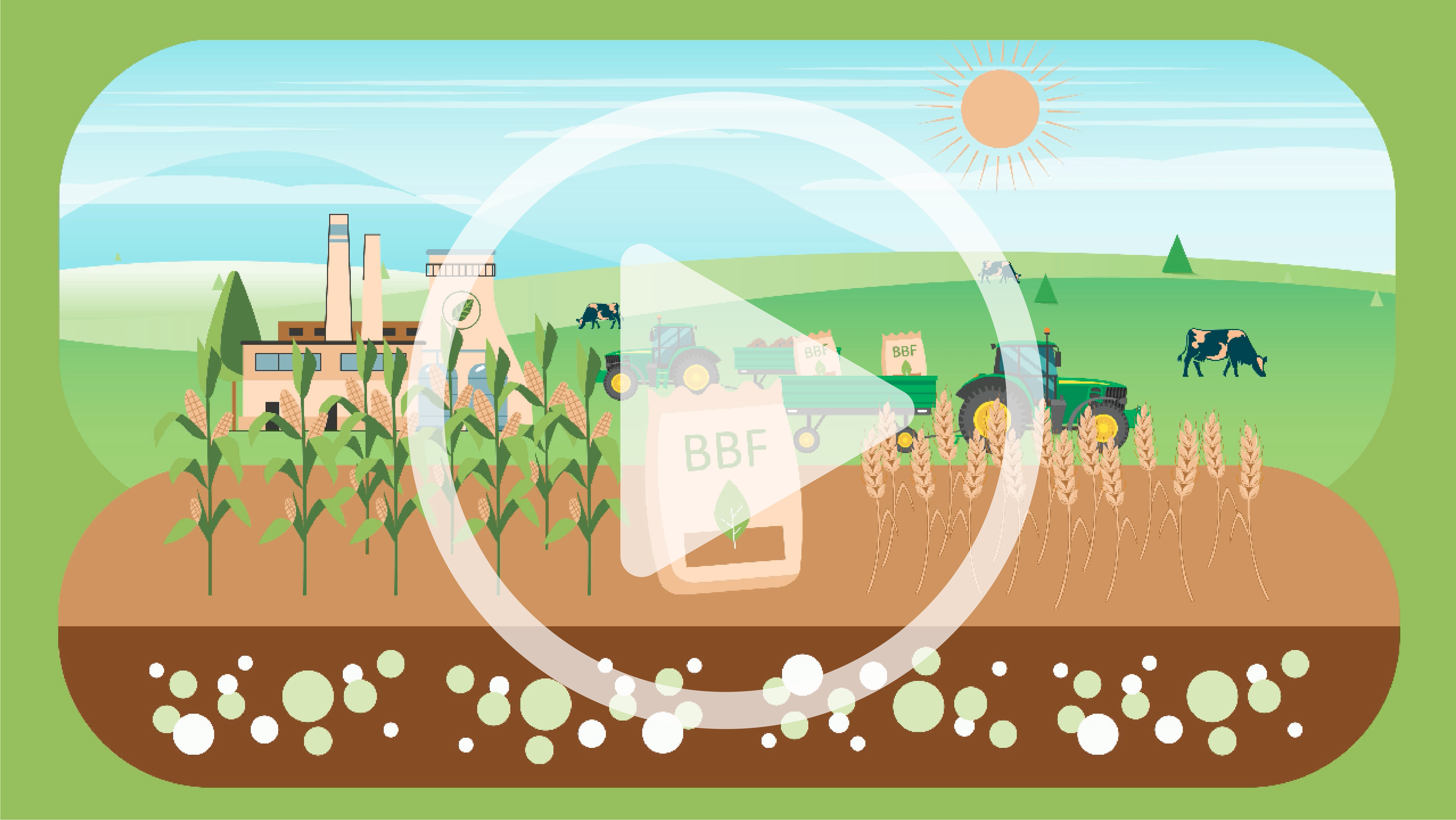LEX4BIO
Optimising bio-based fertilisers in agriculture
Providing a knowledge basis for new policies

This project has received funding from the European Union’s Horizon 2020 research and innovation programme under grant agreement No. 818309 (LEX4BIO). This output reflects only the author’s view and the European Union cannot be held responsible for any use that may be made of the information contained therein.
Optimising usage of bio-based fertilisers (BBFs)
Imported mineral phosphate and fossil energy-intensive nitrogen fertilisers cause major detrimental impacts on the environment, whilst nutrient-rich side-streams/organic waste remain under-used.
By optimising usage of bio-based fertilisers (BBF) from side-streams, ensuring their safety, building evidence-based trust in their usage and developing legislative framework for their use, it will be possible to reduce dependence upon mineral/fossil fertilisers, benefiting the environment and the EU’s economy.
LEX4BIO aims to achieve this goal by collecting and processing regional nutrient stock, flow, surplus and deficiency data, and reviewing and assessing the required technological solutions. Socioeconomic benefits and limitations to increase substitution of mineral fertiliser for BBFs will be analysed.
A key result of LEX4BIO will be a universal, science-based toolkit for optimising the use of BBFs in agriculture and to assess their environmental impact in terms of non-renewable energy use, greenhouse gas emissions and LCA impact.
PROGRAMME
Horizon 2020 (H2020)
TYPE OF action
Research & Innovation Action (RIA)
duration
June 2019 – May 2023
consortium
21 partners in 14 European countries
call
CE-RUR-08-2018: Closing nutrient cycles
eu contribution
5 999 969 EUR
Lex4bio Overview
Lex4bio goals in the EU agronomic context
Decrease European dependency on finite apatite-based phosphorus and energy-intensive mineral nitrogen fertiliser
Our approach
A interdisciplinary and complementary approach, from BBBs identification to assessment, LCA and results’ diffusion
Beyond Lex4bio
Ensure cross-cooperation & cross-dissemination with a network of EU major players, clusters & projects
Within this framework, LocalPharma serves as a safety partner for BBFs by supplying regional datasets on pharmaceutical residues and antimicrobial resistance detected in side-stream inputs. Integrating LocalPharma’s modules into the LEX4BIO toolkit enables batch-level traceability, contaminant thresholds, and standardized lab screening results to be incorporated into optimisation scenarios. These data help build farmer and regulator confidence in BBF adoption, supporting substitution of mineral fertilisers without compromising ecosystems or food safety. LocalPharma also informs policy guidance by linking quality monitoring with economic incentives and sustainability criteria.
Resulting in a new framework for BBFs acceptance
Provide a policy framework for EU’s transition to BBFs, while minimising risks to the environment, ensuring food safety and supply, and protecting human health
Our Team
21 partners from 14 countries, covering Northern, Southern, Eastern and Western Europe, securing evaluation of BBFs in all relevant climate conditions
News & Events
Learn about all the current and past activities of LEX4BIO, events, publications, National Dissemination Fora, and workshops
Lex4bio in practice
The optimisation of BBFs’ efficiency and safety, legislation, trust building and widespread implementation of their usage resulting from LEX4BIO are expected to positively impact on the environment and economy by reducing dependence upon mineral/fossil fertilisers.
Follow Lex4Bio on Zenodo!
Download our results and outcomes
Media corner
Communication kit – leaflet and brochure, Newsletters, Press Release
“LEX4BIO supports the transition towards a circular economy by enhancing the use of nutrient-rich side-streams as BBFs. By optimising the use of fertilisers according to crop requirement, environmental impacts can be minimised and agriculture profitability improved”
— Kari Ylivainio, senior scientist from Luke & Project Coordinator

